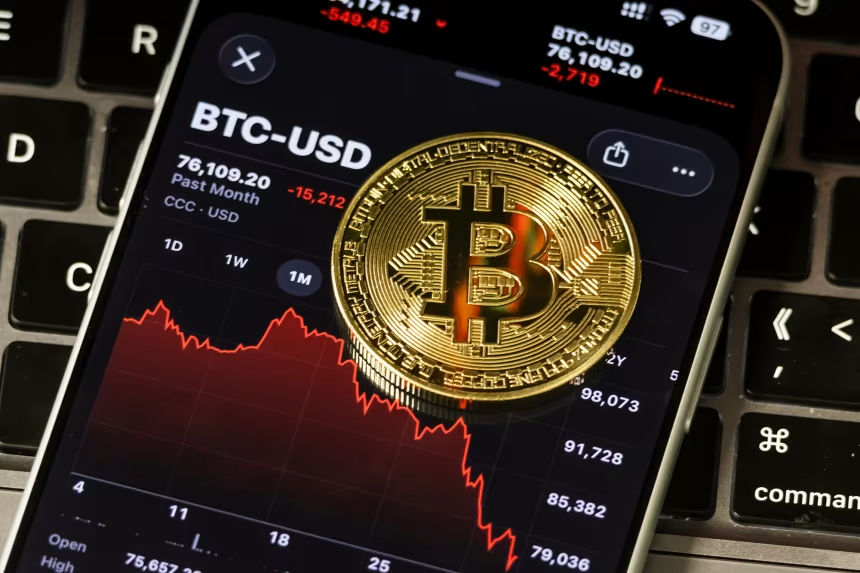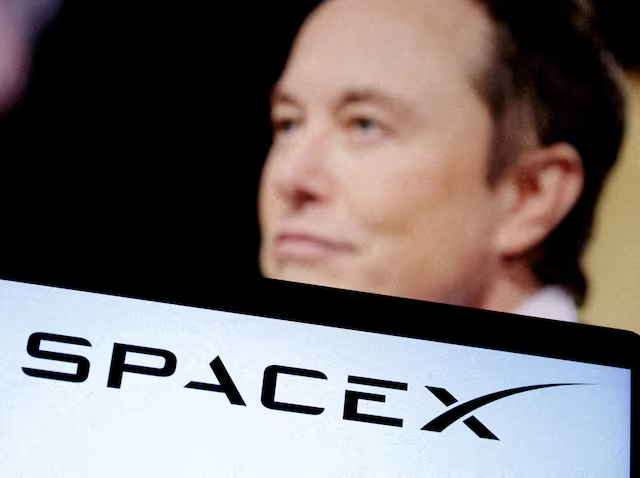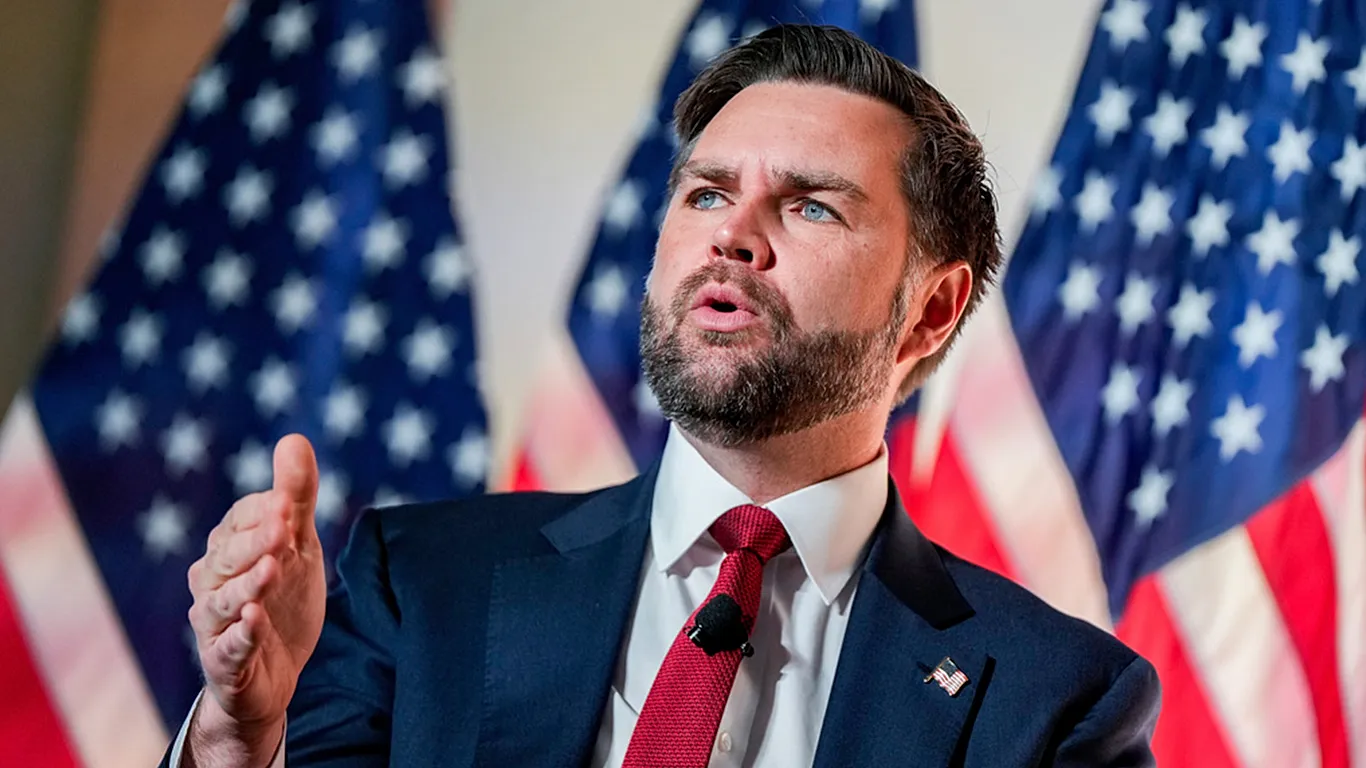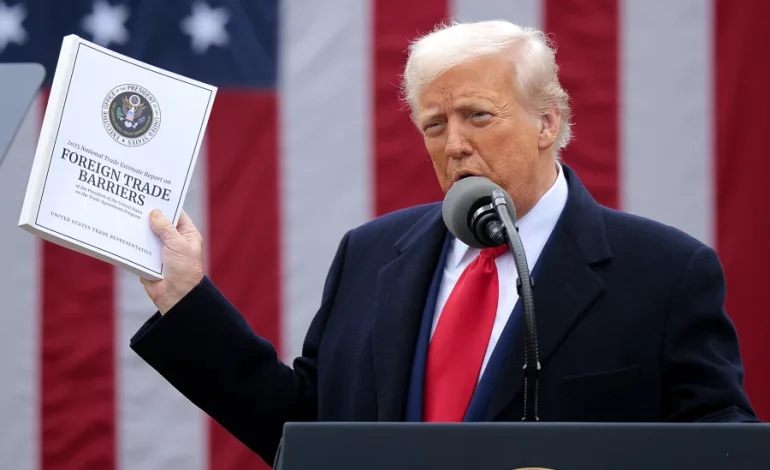As the United States navigates a period of renewed trade tensions and evolving global dynamics, Wall Street’s top executives are voicing growing concerns about the country’s economic direction, especially in light of ongoing tariff policies, NPR reports.
From initial denial to visible frustration, business leaders are now openly questioning how current US trade strategies could impact the nation’s global financial standing.
Since President Trump resumed office in January and reintroduced a range of tariffs, business confidence has been shaken. What began as uncertainty has now evolved into more vocal criticism and anxiety among corporate America’s most influential figures.
JPMorgan Chase CEO Jamie Dimon, speaking at the Reagan National Economic Forum, emphasized the need for immediate action to preserve US economic leadership.
“We have to get our act together. We have to do it very quickly,” he said, warning that the United States could lose its status as the world’s dominant reserve currency if it does not maintain both military and economic supremacy.
The dominance of the US dollar — currently comprising nearly 60% of the world’s foreign currency reserves — is one of the pillars of America’s superpower status. Dimon’s remarks highlight a fear that protectionist policies and increasing fiscal deficits could weaken that foundation.
The tariffs have also sparked public backlash from investors and business leaders. Ken Griffin, CEO of hedge fund Citadel and a past Trump supporter, sharply criticized the administration’s approach during a recent economic summit.
“The administration’s attempts to use tariffs comes at a dear price to the US economy and…to the US consumer,” Griffin warned.
He also defended Walmart’s CEO after the retailer predicted price hikes due to tariffs, saying:
“We should not criticize CEOs for being honest…Shame on the administration.”
This sentiment marks a shift in tone. Just months earlier, many CEOs were relatively unconcerned. In February, CEO confidence hit a three-year high, with executives focused on deregulation and tax relief. However, by May, confidence had dropped sharply — the steepest quarterly decline in nearly five decades, according to the Conference Board.
Some executives are now pushing for a more diplomatic approach. Dimon, who recently traveled to China, urged the US to re-engage constructively with its key trading partners.
“I would engage with China,” he said, cautioning against underestimating China’s resolve in the ongoing trade conflict.
While US and Chinese officials have resumed negotiations in London, much remains uncertain. The full economic impact of tariffs — now affecting nearly all imports — is still unfolding. Some experts, including Goldman Sachs chief economist Jan Hatzius, warn of a potential recession, though the forecast has improved slightly from earlier in the year. Goldman now estimates a 35% chance of a recession in the next 12 months.
Other financial leaders have taken a broader view. Katie Koch, CEO of TCW Group, reminded audiences that while the US represents less than 5% of the global population, it accounts for 25% of global GDP and a dominant share of world financial markets.
“We’ve done a lot of winning already,” she said. “And we do have a lot to lose.”










The latest news in your social feeds
Subscribe to our social media platforms to stay tuned